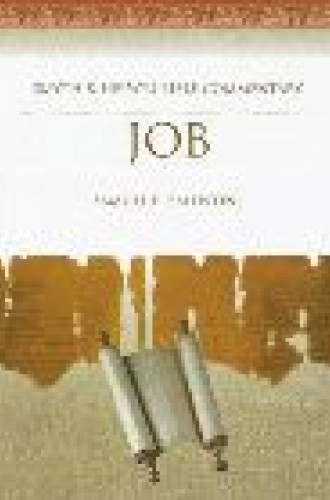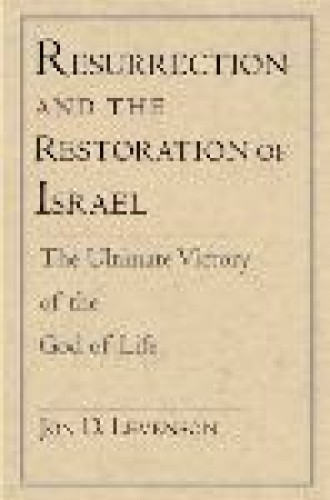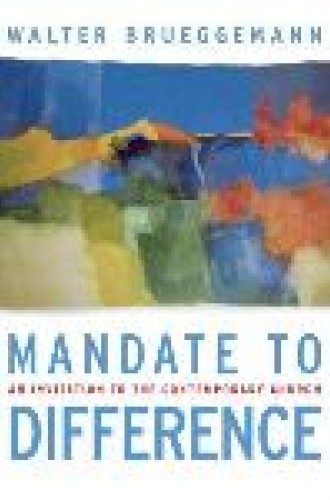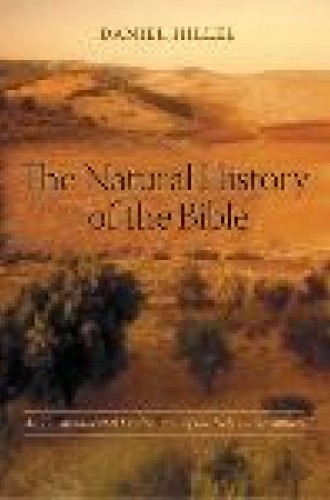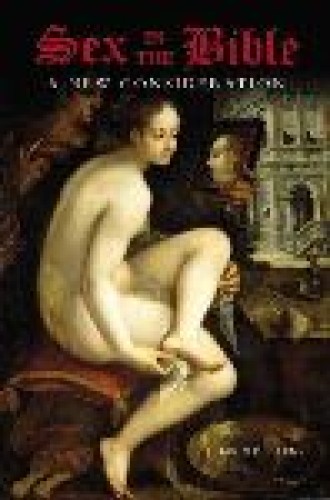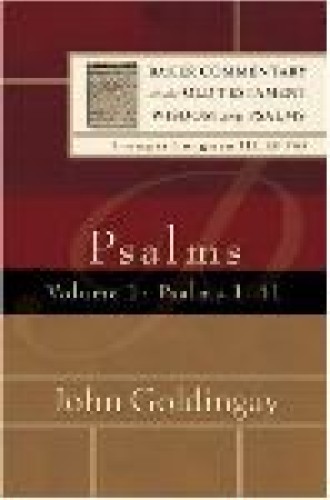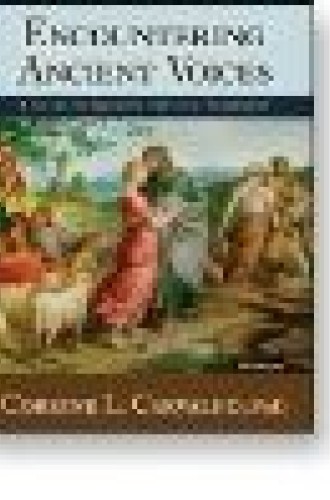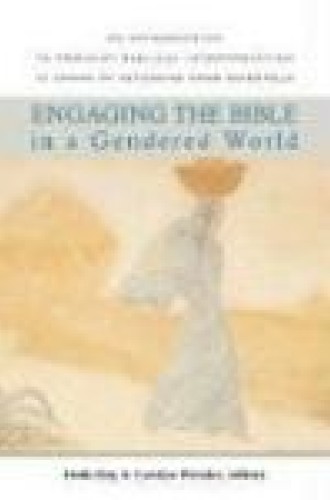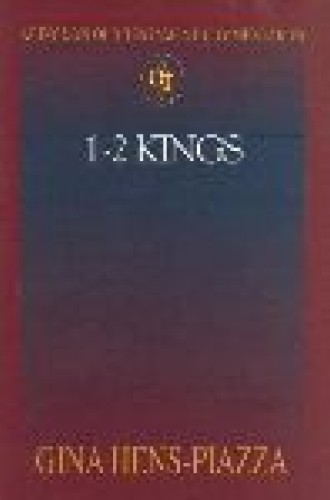Take and read
Broadly researched and eminently engaging, this book is an interactive treasure box. It contains commentary, theological reflection, artistic interpretations, prose and poetry related to Job’s struggles, as well as both modern and ancient reflections on suffering, theodicy and the human condition. Balentine reveals the book of Job’s deep ambiguity, beauty and haunting contemporaneity.
Levenson makes readers sit up in surprise when he argues that the Old Testament supports the notion of resurrection, a notion suppressed by Jews who were distinguishing themselves from early Christians. The Old Testament and some rabbinic traditions affirm resurrection—not immortality—and set forth alternatives to Sheol through temple worship, family life, and hope for national revival. Levenson is addressing Jews who, in his opinion, have surrendered to Enlightenment rejection of God’s miracles at the endtime; in the process he also challenges wishy-washy Christian belief.
With his usual lyric persuasiveness, Brueggemann interprets Old Testament texts as living, fiery words for the churches. He urges faithful readers toward “spirit-led imagination” in the midst of a culture of despair, militarism and monological speech. He calls for radical fidelity embodied in politics, hospitable engagement with others, and religious practices that bind us together and nourish our hope.
Hillel, an environmental scientist with more than an amateur’s knowledge of the Hebrew Bible, finds enchantment and beauty both in that text and in the natural world. He studies the Bible’s environmental contexts according to various ecological domains, such as the “riverine,” pastoral, urban, desert and maritime. For him, the lasting relevance of biblical ecology calls modern readers to a search for renewed balance between the spiritual and the earthly.
A psychologist with a religion background, Ellens gathers and interprets texts under such topics as the sexuality of God, lovemaking, baby-making, women as objects and agents, homosexuality, monogamy, adultery, bad sex, and love. The book celebrates sex as a divine gift and an expression of spiritual life. Compelling writing and thoughtful engagement with matters textual and sexual make this a fine resource for anyone confronting contemporary sexual issues.
Goldingay’s titles for individual psalms show his ability to bring texts alive for readers today—for example, “How to Pray against the Powerful” (Pss. 9 and 10); “Prayer that Honors Two Sets of Facts” (Ps. 22); “The Good Fortune of the Person Who Thinks” (Ps. 41). His considerable scholarship opens the Psalms in the service of theological and ethical reflection and of the spiritual life. Literary and verbal features of the texts appear in clear, digestible amounts, and Goldingay’s theological reflections make the book a valuable resource.
This textbook is aimed at college students, but it is so engaging, insightful and well researched that it addresses anyone interested in learning about the Old Testament. Its sidebars on such subjects as archaeology, the settlement of the land, the Bible and art, and various biblical-study methods do not dumb down sophisticated material; they clarify it as a gift for readers. Included are maps, suggestions for further reading, and thought-provoking questions at the ends of the chapters.
Designed to introduce the uninitiated to the burgeoning field of feminist criticism, this collection of essays shows where feminist criticism came from, what it has accomplished and where the conversation now stands. Male and female contributors representing a variety of affiliations and identities reflect on texts, methods and a multiplicity of themes—from the inclusive-language wars to the postcolonial contributions of feminism from the two-thirds world.
Hens-Piazza brings a clear eye for drama and literary nuance to her study of the “history” of Israel’s kings. In her hands, the text emerges as a collection of lively stories of intrigue, political jockeying and failed leadership in times of crisis. The commentary is beautifully written and offers accessible study of the text and addresses its theological and ethical implications for life today.


